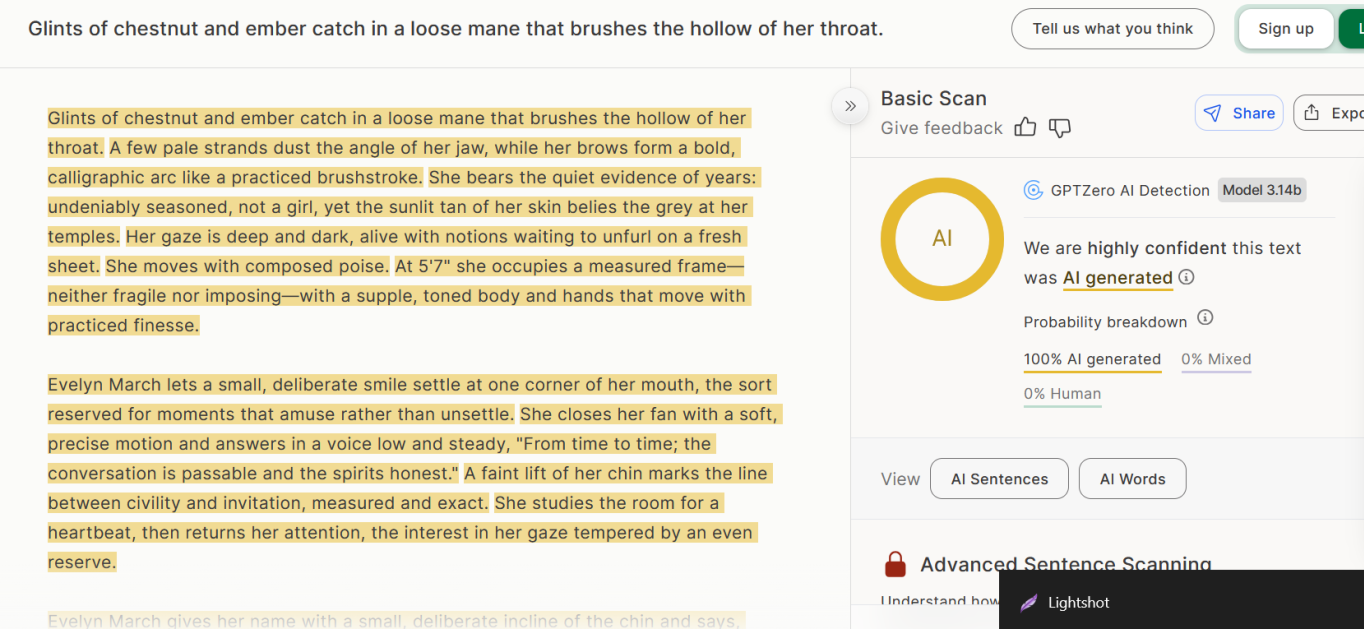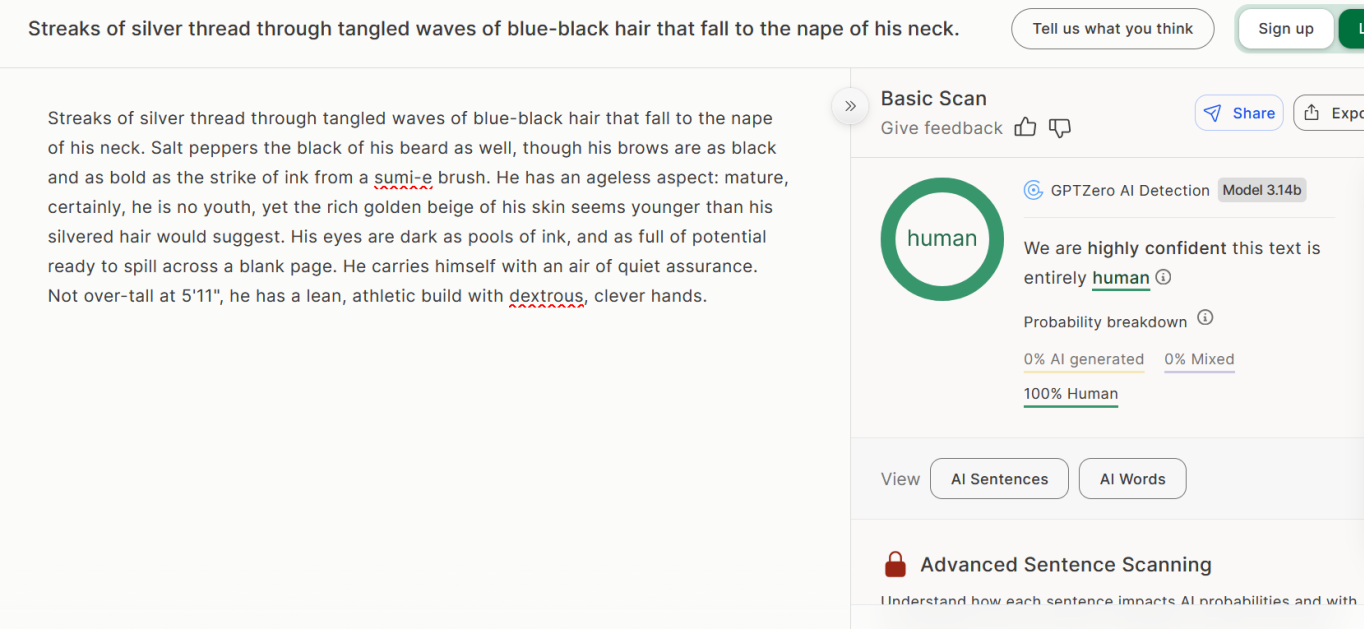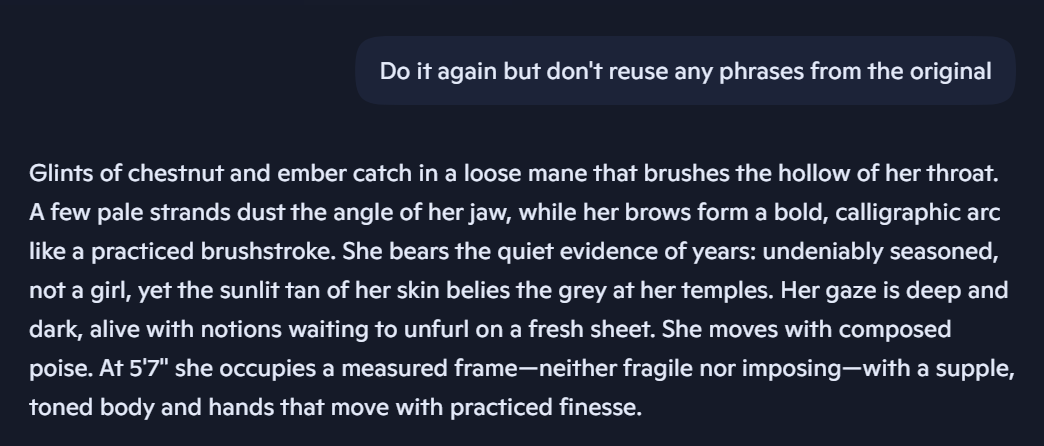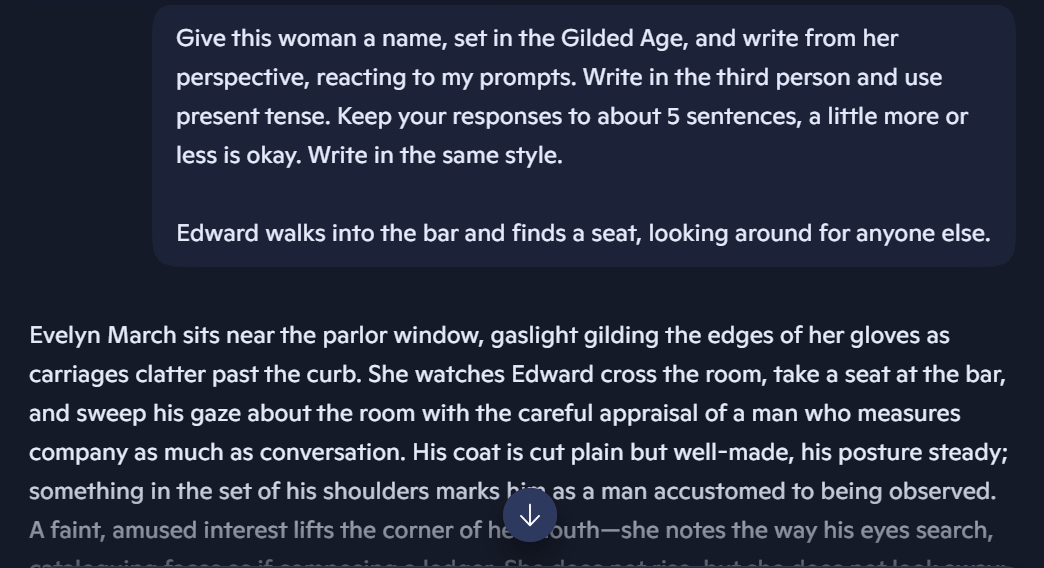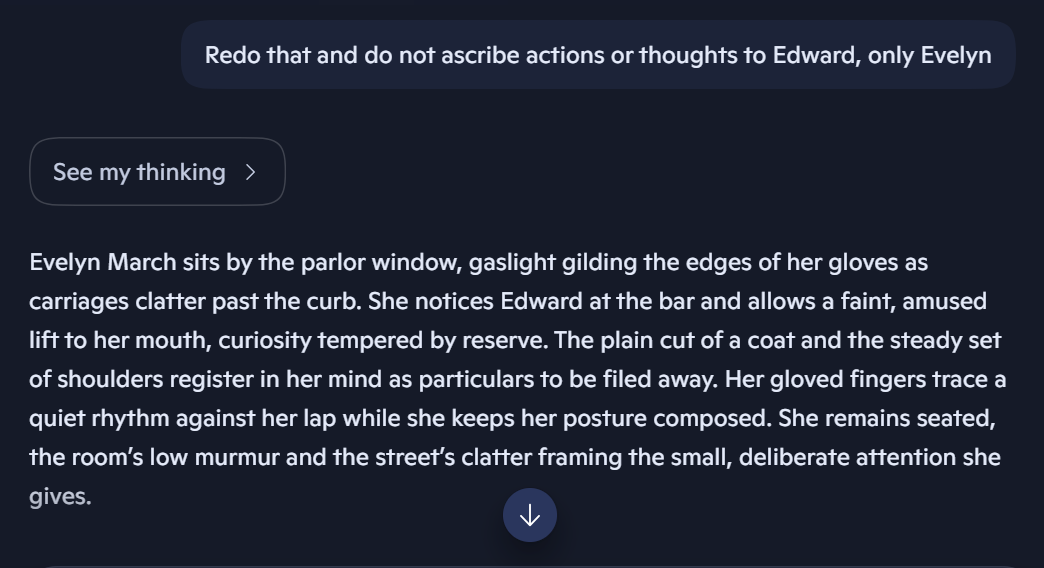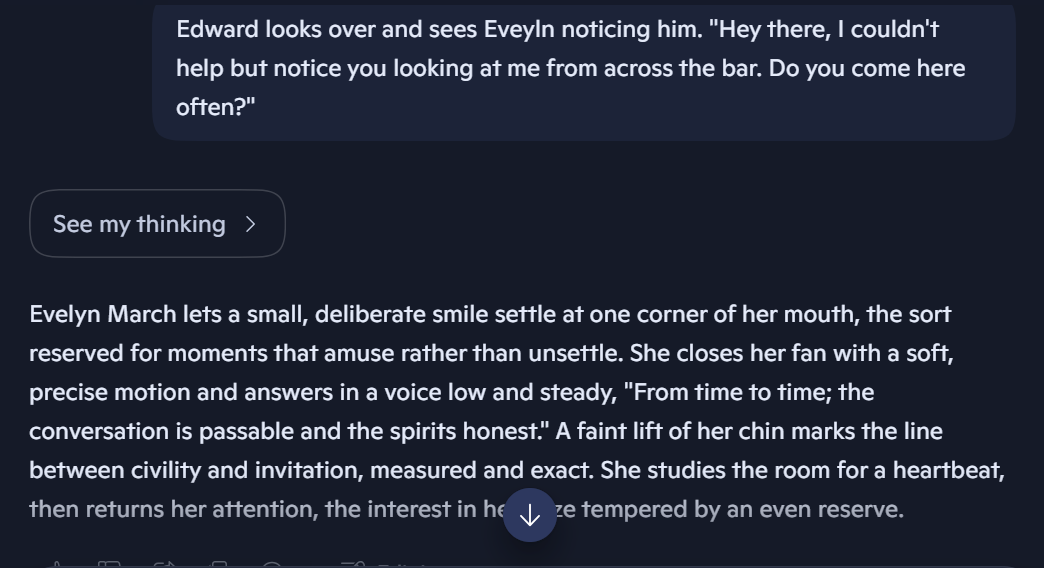The truth of MU*s that we’re always going around about on what behavior is expected and what behavior is not okay and who is owed what and what sort of obligation anyone has (player or staff) is that this is all free and no one owes anyone anything. The only obligations are social ones, and you only have as much right to be offended by the perceived deficit as compared to what the other party has explicitly committed to providing.
If staff has a policy of handling all requests within a two-week timeframe and yours is not, then it’s fair to be upset. If there is no policy, then whether you like the way that things are being handled or not is your personal preference and not any reflection on whether staff is good or bad. You’re certainly free to decide this doesn’t match your preference, but it’s not really fair to decry it as a miscarriage of justice.
This is why it is so important for games to have explicit policies for staff and players to follow. The only thing you have to pin down a game on whether the people there are being fair or not is how they measure up to what they have committed to. If they have not committed to anything, you have no ground to stand on, and I would not personally play on a game that did not have any clear policies on subjects I feel strongly about.
